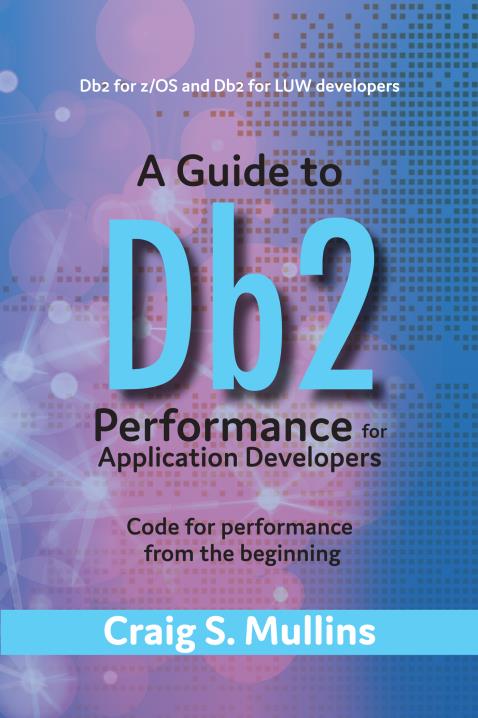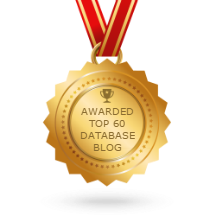Who owns data?
This is a complex question that can’t be answered quickly or easily. It requires some thought and you have to break things down in order to even attempt to answer it.
First of all, there is public data and private data. One could say that public data is in the open domain and available to everyone. But what makes data public? Is data you post on Facebook now public because it is available to anyone with a browser or the Facebook app? Well, probably not. It is available only to those that you have shared the data with. But when you put it up on Facebook then Facebook likely owns it.
What about governmental data that is available freely online like that available at USA.gov and data.gov? Well, you can grab that data and use it, but that doesn’t mean you own it, does it?
Then there are all the data governance and privacy laws and regulations that impact who owns what and how it can be used. It can be difficult to fully understand what all of these laws mean and how and when they apply to you and your organization. This is especially important with GDPR compliance looming before us.
But let’s back it up a minute and think just about corporate data. It is not an uncommon question, when working on a new project or application, to ask “who owns this data?” That is an important question to have an answer for! But owns is probably not the correct word.
In my humble opinion, data belongs to the company and thus, the COMPANY is the owner. Each department within an organization ought to be the custodian of the data it generates and uses to conduct its business. Departments are the custodian because they are the ones who decide who has access to their data, must maintain the integrity of the data they use, and ensure that it is viable for making decisions and influencing executives.
Nevertheless, this answer provides only a part of the answer to the question. You really need named individuals as custodians. These can be from the business unit or the IT group supporting the business unit. Generally speaking, if custodians are appointed in IT, they should probably not be application developers or DBAs, but perhaps data analysts or higher-level IT managers.
Application developers are responsible for writing code and DBAs are responsible for the physical database structures and performance. There needs to be a data professional in charge of the accuracy of the actual data in the databases.
Here are some things to consider as you approach your data ownership/custodian planning:
- Understand the data requirements of all current systems, those developed in-house and those you bought. Be sure that you know all of the data interdependencies of your applications and how one app can impact another.
- Assess the quality of your existing data in all of your existing systems. It is probably worse than you think it is. Then work on methods and approaches to improve that quality. There are tools and services that can help here.
- Redesign and re-engineer your systems if you uncover poor data quality in your current applications and databases. You might choose to change vendors, replatform or rehost apps with poor data quality, but if the old data is still required it must be cleansed before using it in the new system.
- Work on methods to score the quality of data in your systems and tie the performance and bonuses of custodians to the scores.
What do you think? Does any of this make sense? How does your organization approach data ownership and custodians?



Pingback: Are we ready for the digital tsunami? | Em News
Pingback: Are we ready for the digital tsunami? - Finance Crypto Community
Pingback: Are we ready for the digital tsunami? | Iranians Global Network
Pingback: Are we ready for the digital tsunami? | Newspedia
Pingback: Are we ready for the digital tsunami? - Stuff
Pingback: Are we ready for the digital tsunami?
This is wonderful blog. A great read. I’ll certainly be back.